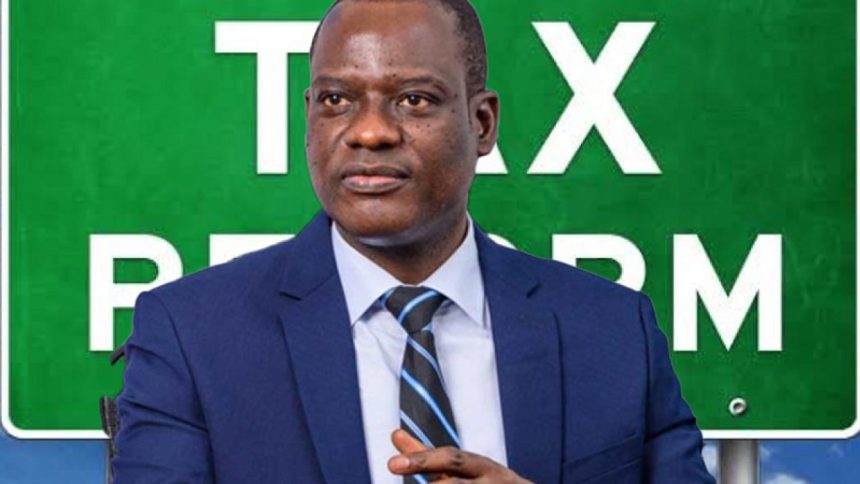Taiwo Oyedele, Chairman of the Presidential Fiscal Policy and Tax Reforms Committee, has stated that Nigeria cannot achieve a stable naira without implementing urgent fiscal reforms. He made this known during a policy lecture held in celebration of his 50th birthday, titled “Designing Tomorrow Policy Blueprint and Lessons for the Future.”
According to Oyedele, while some reforms have begun, much work remains. He emphasized that to strengthen the economy, Nigeria must make deliberate changes in taxation, regulation, and spending. “We still have unfinished business,” he said, noting that key structural changes are needed to attract investments and reduce the cost of doing business.
He pointed out that Nigeria’s current corporate tax rates are too high, especially in an economy facing inflation. High taxes in such an environment, he argued, end up taxing capital instead of profit. He called for a reduction in corporate tax rates to boost business expansion and investment.
Oyedele also urged a review of import tariffs, particularly those applied to raw materials and intermediate goods. These, he explained, are currently much higher than the average in Sub-Saharan Africa. The result is higher input costs, which make Nigerian businesses less competitive. Fixing this, he said, would ease pressure on businesses and have the same effect as a tax break.
Africa International Housing Show
In addition, Oyedele advocated for greater digitalization, especially in government services. Reducing regulatory burdens through digital tools, he said, would improve efficiency and reduce costs for businesses across the country.
He warned that Nigeria’s currency will continue to weaken unless there is alignment between fiscal, monetary, and trade policies. Despite having a trade balance comparable to South Africa and Kenya over the past decade, Nigeria’s naira has lost value six times more than the South African rand or the Kenyan shilling. He used this example to highlight the need for cohesive and consistent economic policies.
Oyedele also advised that businesses which earn revenue in naira should not be required to pay taxes in foreign currencies. He called for a smarter role for government, focused on tasks the private sector cannot do. He stressed the importance of spending that does not fuel inflation and delivers value to citizens.
In closing, Oyedele recommended that Nigeria collect only as much tax as is necessary to meet basic service standards, without discouraging economic growth or investment. According to him, a simplified, efficient, and fair tax system is essential for a stable currency and long-term development.




